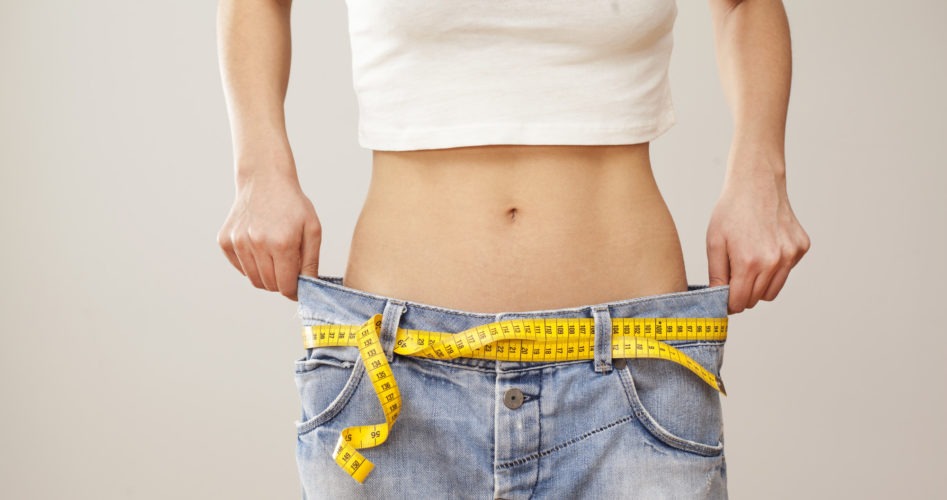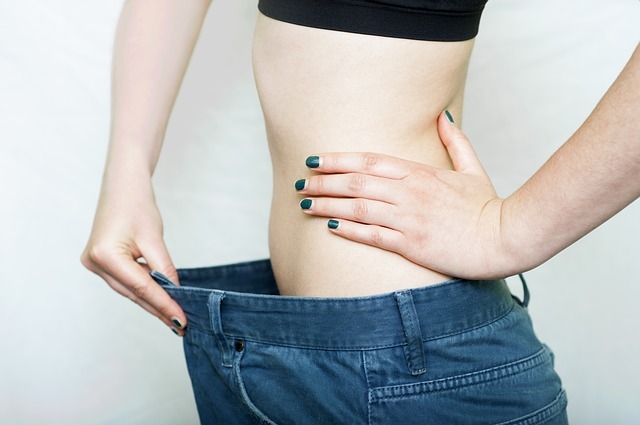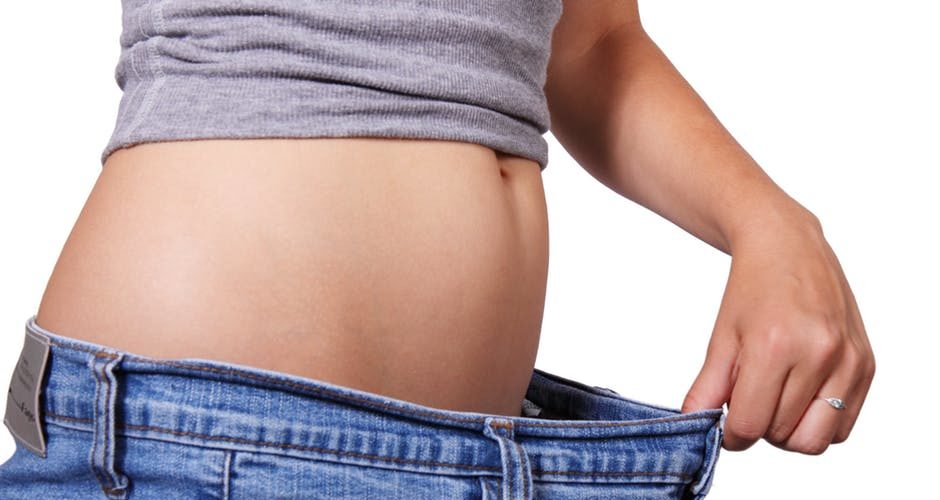HCG Drops for Weight Loss: Everything You Need to Know
The worldwide demand for Human Chorionic Gonadotropin (hCG) is growing! Over the next five years, the market is expected to reach $560 million by 2023. As of 2017, the market reached $390 million.
hCG is available in many forms, including sprays and oral drops.
Though usually used for pregnancies, the growing demand is likely due to the use of hCG for weight loss. So what exactly is hCG, and do hCG drops for weight loss actually work?
Keep reading to find out!
What is HCG?
Also called “the pregnancy hormone,” hCG is a natural hormone that plays an important role in pregnancies and fertility. In fact, pregnancy tests check for hCG in a woman’s blood or urine to determine if she’s pregnant.
This protein-based hormone also helps the body produce other important hormones, like progesterone and estrogen. Both of these hormones are essential as the embryo and fetus develop. After the first three months of a woman’s pregnancy, hCG levels in the blood will decrease.
hCG is also FDA-approved to treat specific medical conditions in men and women.
For example, hCG can combat the symptoms of hypogonadism in men, including infertility or low testosterone levels. Taking hCG can help men produce more testosterone and increase their sperm production. As a result, hCG injections can reduce the chances of infertility.
Too much HCG in the bloodstream is considered a symptom of cancer, including:
- Placental
- Ovarian
- Testicular
Today, HCG products such as this HCG sublingual are available in oral drops, pellets, and sprays.
HCG for Weight Loss
hCG is used for weight loss purposes as well. So how does a hormone the body naturally makes during pregnancies help with weight loss? It’s all about your metabolism.
In fact, many products are available as over-the-counter homeopathic hCG products to improve weight loss efforts.
However, there are no FDA-approved hCG products that contain hCG. Rather, products such as hCG drops for weight loss are used to support the hCG diet. Using hCG is legal as long as a health care provider creates the prescription.
According to this study, using low-dose injections of hCG isn’t an effective treatment for obesity. Instead, it’s the diet itself that supports weight loss efforts. The drastic calorie restriction helped participants lose weight, rather than the hCG.
The HCG Diet
The hCG diet involves two components. First is an ultra-low-calorie diet. Participants consume about 400 to 500 calories a day.
The second component of the hCG diet plan is the HCG hormone, which is usually administered by injections.
People who participate in the hCG diet claim it boosts the metabolism. When your metabolism runs faster, your body will lose large amounts of fat faster as well. People who take hCG drops for weight loss also insist they don’t feel hungry by taking hCG.
However, many studies insist the hCG diet isn’t an effective option. There’s also no FDA support for using hCG drops for weight loss.
People who follow the hCG diet will only lose weight in the short term.
Foods
People who participate in the hCG diet don’t eat much. The diet restricts meals to two hours a day: lunch and dinner. During each meal, you’re permitted one protein, one vegetable, one bread, and one fruit.
Possible proteins include:
- Chicken breast
- Beef
- Veal
- Fresh white fish
- Crab
- Lobster fish
It’s important not to eat proteins that show visible fat. These include:
- Tuna
- Salmon
- Eel
- Herring
- Dried or pickled fish
It’s suggested you broil or grill your protein, rather than frying. Butters and oils aren’t allowed on the hCG diet plan.
You can also eat from an array of vegetables, including:
- Cabbage
- Celery
- Tomato
- Green salad
- Beet greens
- Chicory
- Chard
- Spinach
- Onion
- Fennel
- Cucumber
- Asparagus
- Red radishes
For bread, you’re allowed one breadstick or a piece of melba toast. For fruit, choose from strawberries, grapefruit, an apple, or an orange.
While participating on the hCG diet, you can have as much tea, coffee, or water as you want. You can use sugar substitutes, such as stevia, to sweeten your drinks. You can also have 1 tablespoon of milk daily.
It’s important to have a doctor’s supervision if you’re following the hCG diet. Otherwise, you might lack certain nutrients in your daily diet.
Side Effects
Men who use hCG for fertility purposes may experience a few side effects, including:
- Pain, redness, swelling
- Stomach pain
- Vomiting
- Nausea
- Growing male breasts
- Blood clots
- Allergic reactions (mild skin rashes, severe anaphylactic reactions)
Men and women on the hCG diet might experience a list of side effects as well. Diets that have severe calorie limitations can cause:
- Irregular heartbeat
- Gallstone formation
- Limited intake of vitamins and minerals
- An imbalance of electrolytes
Side effects of the hCG diet include:
- Irritability
- Fatigue
- Fluid build-up
- Restlessness
- Depression
Taking hCG weight-loss products can also increase your risk of cancer. In fact, hCG might encourage the body to produce androgen cells. These cells result in the growth of certain types of cancers.
If blood vessels form, it could cause blocked blood vessels, which is a condition known as thromboembolism.
Instead of using hCG drops for weight loss on your own, consider speaking with your doctor. There are healthier, safer ways you can lose weight. Let them know your health concerns.
Your doctor or a nutritionist can help you plan for a balanced diet. It’s also to keep your body active by scheduling regular exercise each day.
By making a plan with a medical professional’s help, you can lose weight without experiencing any of these life-threatening side effects.
HCG Drops for Weight Loss: Your Complete Guide
Before taking hCG drops for weight loss purposes, make sure to speak with your doctor first. Remember, over-the-counter products that contain hCG are often labeled “homeopathic.” It’s often more beneficial to follow a well-balanced diet and fitness plan instead.
Searching for other ways to improve your health? Discover tips, tricks, and helpful guides on our blog. Explore the Health section for our latest posts today.




